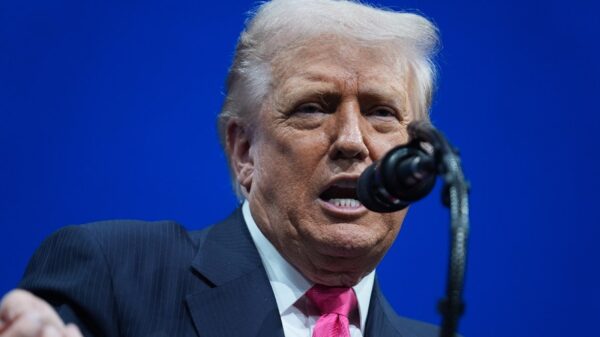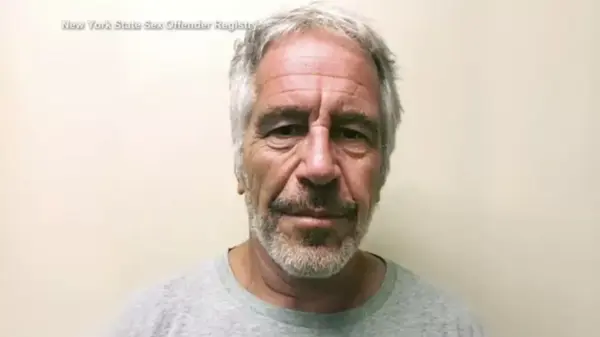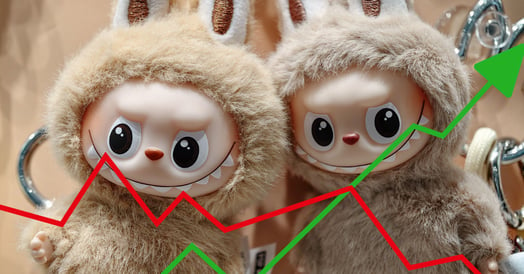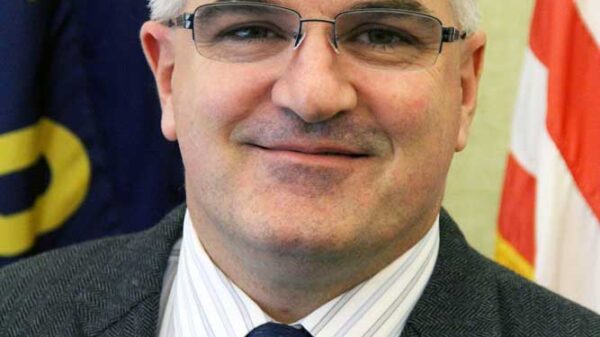UPDATE: Former Vice President Dick Cheney has died at the age of 84, as confirmed by his family in a statement released late Monday night. Cheney passed away due to complications from pneumonia and heart-related issues, surrounded by loved ones, including his wife Lynne Cheney and daughters Liz and Mary.
Cheney, who served as vice president under George W. Bush from 2001 to 2009, was a pivotal figure in American politics for over three decades. His family described him as a “great and good man” who instilled values of courage, honor, and love for the country in his children and grandchildren.
Born on January 30, 1941 in Lincoln, Nebraska, Cheney grew up in Wyoming. His political career began in the early 1970s, eventually leading him to the role of White House Chief of Staff at just 34 years old during the Ford administration. He later became Secretary of Defense under President George H.W. Bush, overseeing U.S. military operations during the Gulf War.
Cheney’s tenure as vice president was marked by significant events, including the September 11, 2001 attacks and the subsequent U.S. invasion of Iraq. He was known for advocating strong national security measures and was often seen as a leading architect of the Iraq War, famously stating in 2002, “Simply stated, there is no doubt that Saddam Hussein now has weapons of mass destruction.”
While Cheney was praised for his experience and gravitas, he also faced intense scrutiny and criticism, particularly for his role in the Iraq conflict and the expansion of presidential powers. His political legacy continues through his daughter Liz Cheney, who has gained prominence as a vocal critic of former President Trump and served as vice chair of the House select committee investigating the January 6 Capitol assault.
In recent years, Cheney’s health had been a concern; he suffered multiple heart attacks throughout his life and received a heart transplant in 2012. Despite these challenges, he remained active in political discourse, often speaking out on issues he felt threatened American democracy.
As the nation reflects on Cheney’s complex legacy, many are sharing tributes on social media, highlighting both his influence in shaping modern Republican politics and the controversies that followed him.
What’s Next: Public reactions are pouring in as political leaders and citizens alike pay their respects to Cheney. His passing marks the end of an era in U.S. politics, and discussions regarding his impact on the Republican Party and American foreign policy are expected to intensify in the days ahead.

































































